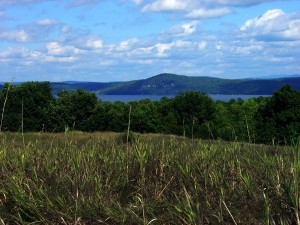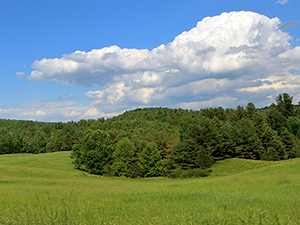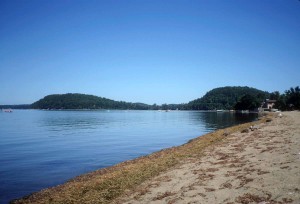Do you want to ensure that your land remains free from unplanned or inappropriate development? Perhaps your family has owned the land for a long time, and it’s something you treasure and want to conserve. Or maybe your land is special to you because of your memories living there.
- Families conserve their land for many reasons, including the protection of wildlife habitat and clean water. Many want to maintain working woodlands or a cherished lakeshore camp.
- In most cases, conserving your land will allow you to tap into state and federal income tax deductions.
- Other times, land conservation can provide estate planning benefits.
 |
Own It:You can continue to own it, live on it, and manage it, and conserve it with a conservation agreement called a “conservation easement” (click here for more details). A conservation easement ensures that your property will be protected from development forever. You may also qualify for tax benefits. |
 |
Donate It:You can donate the land to the land trust, and we would conserve the land if it meets our conservation goals (which we can discuss with you). Sometimes it could become a nature preserve/public conservation area. Other times, it could be sold to a conservation buyer and maintained as a working landscape. You can also donate businesses, residential lots, camps, and homes (click here for more details). |
 |
Sell It:For certain priority parcels with public access opportunities, you can sell the land to the Land Trust (we can raise the funds). The conservation of this type of critical community resource allows families the opportunity to protect family land forever and ensure that the family can still visit it in the future. |
Conserving your land helps to maintain a balance between nature and development and makes sure that not only you and your family, but also future generations, will be able to enjoy the natural qualities of the lake and the land. All conversations are confidential to respect what is a personal decision for you and your family.

